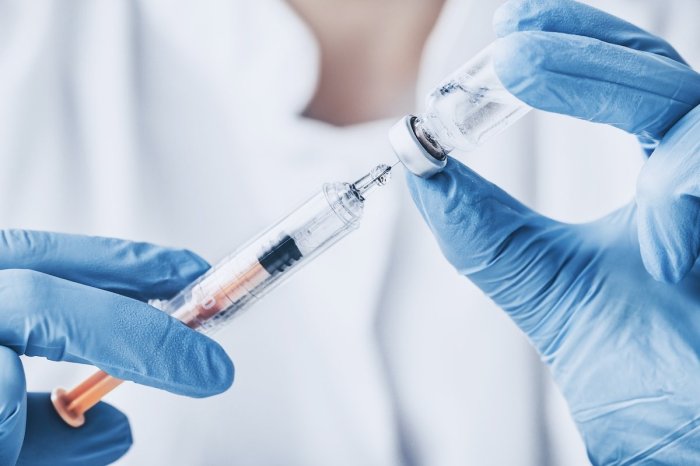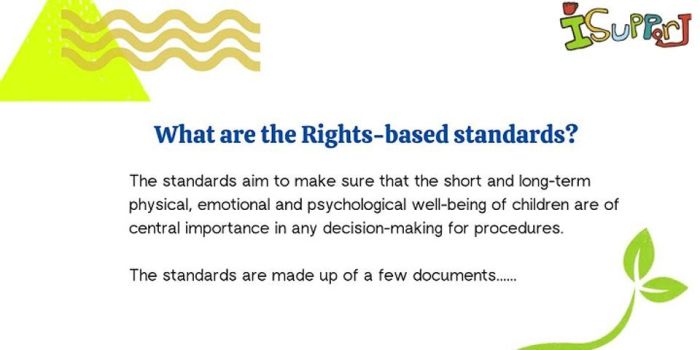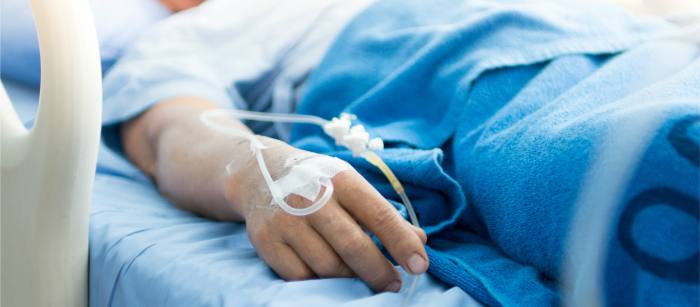In the realm of medical emergencies, the patient does not respond to atropine presents a complex and challenging scenario that requires prompt assessment and intervention. This article delves into the underlying causes, diagnostic procedures, and treatment strategies associated with this condition, providing a comprehensive overview for healthcare professionals.
Atropine, a commonly administered anticholinergic medication, plays a crucial role in managing various conditions, including bradycardia and certain poisonings. However, in some cases, patients may exhibit an unexpected lack of response to atropine, necessitating a thorough investigation and tailored treatment approach.
Patient Unresponsive to Atropine: Medical Assessment

Failure of a patient to respond to atropine, a medication commonly used to counteract the effects of certain toxins, can indicate a serious underlying medical condition. Understanding the implications and potential causes of this unresponsiveness is crucial for proper diagnosis and management.
The lack of response to atropine can result from several factors, including genetic mutations, altered receptor function, or the presence of co-existing medical conditions. Comprehensive medical assessment is essential to identify the underlying cause and guide appropriate treatment.
Diagnostic Procedures
To determine the cause of atropine unresponsiveness, various diagnostic procedures may be employed:
- Genetic testing:Identifies genetic mutations that affect the synthesis or function of muscarinic acetylcholine receptors, the target of atropine.
- Pharmacological testing:Assesses the response to other muscarinic agonists and antagonists to differentiate between receptor dysfunction and downstream signaling pathway defects.
- Electrophysiological studies:Measures the electrical activity of the heart and other tissues to evaluate the effects of atropine on cardiac conduction and other physiological functions.
- Imaging studies:Utilizes techniques such as MRI or CT scans to detect structural abnormalities or underlying medical conditions that may contribute to atropine unresponsiveness.
Treatment Options for Non-Responsive Patients

Management of patients who do not respond to atropine depends on the underlying cause. Treatment strategies aim to address the specific pathophysiology and may involve:
Pharmacological Interventions
- Alternative anticholinergics:Employing different muscarinic antagonists with varying receptor affinities or downstream signaling effects.
- Cholinergic agonists:Administering drugs that directly stimulate muscarinic receptors to bypass the impaired response to atropine.
Non-Pharmacological Interventions
- Cardiac pacing:Providing electrical stimulation to the heart to maintain cardiac function in cases of atropine-resistant bradycardia.
- Mechanical ventilation:Assisting with breathing in patients with atropine-resistant bronchospasm.
The choice of treatment and its timing depend on the patient’s clinical presentation, the underlying cause, and the potential risks and benefits of each option.
Nursing Care for Unresponsive Patients

Nursing care for patients who are unresponsive to atropine requires meticulous monitoring and comprehensive support:
Vital Signs Monitoring
Regular assessment of vital signs, including heart rate, blood pressure, respiratory rate, and oxygen saturation, is essential to detect and respond to any changes in the patient’s condition.
Assessment of Responsiveness
Continuous evaluation of the patient’s level of consciousness and response to stimuli helps identify any deterioration or improvement in their neurological status.
Comfort and Support
- Positioning:Maintaining proper body positioning to prevent pressure sores and promote comfort.
- Skin care:Regular cleaning and moisturizing of the skin to prevent dryness and infection.
- Emotional support:Providing emotional support to the patient and their family during a challenging time.
Ethical Considerations in Managing Unresponsive Patients: The Patient Does Not Respond To Atropine

Managing patients who do not respond to atropine raises ethical dilemmas that require careful consideration:
Informed Consent, The patient does not respond to atropine
Obtaining informed consent from the patient or their legal guardian is paramount before initiating any treatment. This involves providing clear and understandable information about the patient’s condition, treatment options, and potential outcomes.
Patient Autonomy
Respecting the patient’s autonomy and wishes is crucial. In cases where the patient is unable to express their preferences, decisions should be made in their best interests, considering their values and beliefs.
Balancing Treatment and Comfort
Balancing aggressive medical treatment with the patient’s comfort and quality of life is a delicate task. Decisions should be made on a case-by-case basis, involving the patient’s family and healthcare team in discussions.
Q&A
Why might a patient not respond to atropine?
There are several potential reasons for atropine unresponsiveness, including genetic variations, underlying medical conditions, and drug interactions.
What are the treatment options for patients who do not respond to atropine?
Treatment options may include alternative medications, such as epinephrine or vasopressin, as well as supportive measures like mechanical ventilation and fluid resuscitation.
What is the role of nursing care in managing patients who do not respond to atropine?
Nursing interventions focus on monitoring vital signs, assessing the patient’s condition, providing comfort and support, and collaborating with the healthcare team.